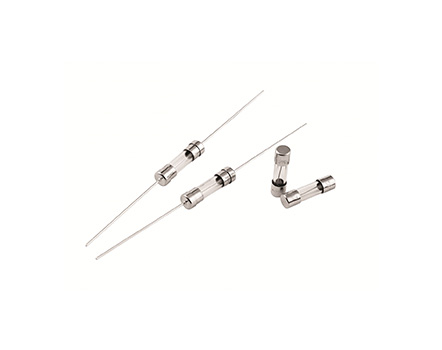
Current fuses exhibit specific temperature characteristics that play a crucial role in their performance and reliability. The behavior of a current fuse in response to temperature changes is determined by several factors.
One important aspect is the melting point of the fuse element. As the temperature around the fuse rises, the fuse element heats up. If the temperature reaches a certain threshold, which is typically close to the melting point of the element, the fuse will melt and open the circuit. This protects the connected electrical components from excessive current and potential damage due to overheating.
The rate at which the fuse element heats up depends on the current flowing through it and the ambient temperature. Higher currents will cause the element to heat up more quickly, while a higher ambient temperature will also contribute to an increase in the overall temperature of the fuse. Manufacturers take these factors into account when designing current fuses to ensure that they operate reliably within a specified temperature range.
Another consideration is the effect of temperature on the electrical resistance of the fuse element. As the temperature increases, the resistance of some materials may change, which can affect the performance of the fuse. For example, if the resistance increases significantly with temperature, it may cause the fuse to heat up more than expected for a given current, potentially leading to premature failure.
In addition to the melting point and resistance changes, the insulation and housing materials of the fuse also have temperature limitations. These materials must be able to withstand the heat generated by the fuse element and the surrounding environment without degrading or losing their insulating properties. Failure of the insulation can lead to short circuits and other electrical hazards.
understanding the temperature characteristics of current fuses is essential for proper selection and application in electrical circuits. By considering the operating temperature range, current ratings, and other factors, engineers can ensure that the fuses provide reliable protection against overcurrent and overheating conditions.
Read recommendations:
What are the types of Thermal cutoff.thermal protector recessed light
ptc resettable fuse tutorial.Self recovery fuse parameter symbol manual